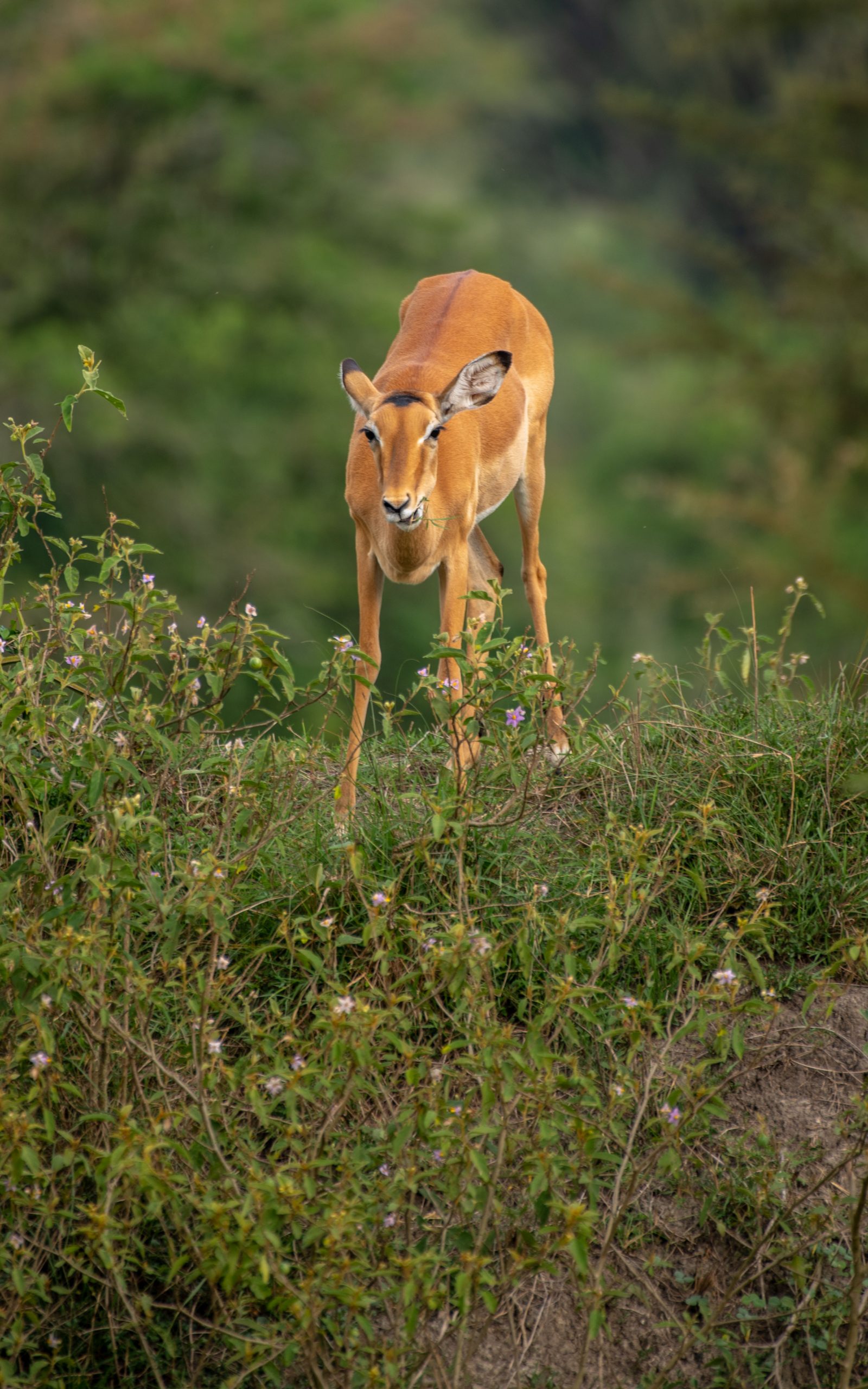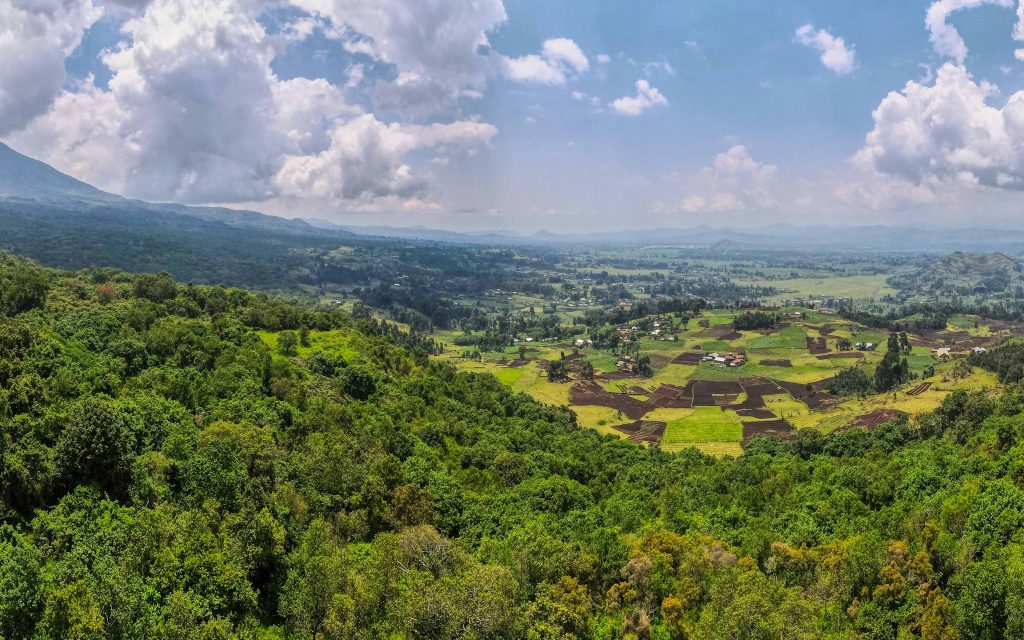Tips for First-Time Travelers: Embarking on a safari is a dream for many adventure seekers. Whether the stunning savannas of Tanzania or the lush landscapes of Uganda, understanding how to prepare for your first safari experience is essential. In this article, you will explore comprehensive travel tips for first-time safari adventurers, ensuring your journey is as memorable as the breathtaking wildlife you shall encounter.
Table of Contents
Introduction

Tips for First-Time Travelers
1. Choosing the Right Safari Destination
Selecting the right safari destination is crucial for a fulfilling experience. With so many options, consider the following popular choices:
- Best safari parks for beginners in East Africa: Parks like Serengeti National Park and Queen Elizabeth National Park offer a wide array of wildlife and well-established tourist infrastructure. These destinations are ideal for first-time travelers, as they provide ample opportunities for game drives and guided tours.
- Top family-friendly safari destinations: If you are traveling with kids, opt for destinations that cater to families. Look for safari lodges that offer kid-friendly activities, such as guided nature walks and educational programs about wildlife conservation.
- Best times for safari in Kenya and Tanzania: The dry season, from June to October, is often the best time for wildlife viewing, as animals congregate around water sources. Researching the migratory patterns of wildlife can enhance your experience, especially if you plan to witness the Great Migration in the Serengeti.
2. Understanding Safari Types
Understanding the various safari types will help you choose an experience that suits your preferences:
- Guided safari tours for first-timers: Opting for a guided safari can provide insights from experienced guides, ensuring you do not miss key wildlife sightings. These tours often include transportation, meals, and accommodations, making them convenient for newcomers.
- Self-drive safari tips for independent travelers: For the more adventurous, a self-drive safari can offer flexibility. Ensure you have a reliable vehicle, a detailed map, and sufficient supplies. Familiarize yourself with local road rules and park regulations to navigate safely.
- Luxury safari lodges in Uganda and Kenya: If your aim is comfort, consider booking your stay in a luxury safari lodge. Many offer stunning views, gourmet dining, and personalized service. Look for lodges that incorporate eco-friendly practices to support sustainable tourism.
3. What to Pack for Your Safari Adventure
Packing less can enhance your experience. Include these essentials:
- Essential gear for your first safari: A pair of binoculars is invaluable for spotting distant wildlife. Additionally, bring a quality camera to capture stunning moments. A reusable water bottle and sunscreen are also must-haves for staying hydrated and protected from the sun.
- Safari packing checklist for beginners: Create a checklist to ensure you do not forget the most needed items. Include lightweight clothing suitable for warm days and cooler nights, a wide-brimmed hat, and comfortable walking shoes for exploring.
- Clothing tips for hot weather safaris: Opt for light, breathable fabrics with neutral colors to blend into the environment. Avoid bright colors, which may disturb wildlife, and choose long sleeves and pants to protect against sunburn and insect bites.
4. Preparing for Wildlife Encounters
Getting ready for animal sightings can be thrilling. What do you have to consider?
- What to expect on your first safari game drive: Game drives typically last several hours, offering ample time to spot diverse wildlife. Be patient and prepared for unexpected encounters, whether elephants wandering close to your vehicle or a lion basking in the sun.
- Safety tips for viewing wildlife on safari: Always follow the instructions and stay inside the vehicle unless told otherwise. Respect wildlife by maintaining a safe distance and never feeding or approaching animals.
- Best practices for taking wildlife photos: Use a telephoto lens for close-up shots while maintaining a respectful distance from the animals. Turn off your flash to avoid startling wildlife, and be aware of your surroundings for spontaneous moments.

5. Cultural Etiquette in Safari Destinations
Understanding local customs enhances your adventure:
- Cultural considerations for travelers in Africa: Familiarize yourself with local cultures and traditions. Learn a few basic phrases in the local language to connect with residents and show respect for their customs.
- Respectful behavior when interacting with local communities: Always ask permission before photographing individuals and be mindful of cultural sensitivities. Engage with the local artisans and markets to support their crafts while learning more about their way of life.
- How to support local economies during your safari: Consider purchasing handmade crafts and souvenirs directly from local artisans instead of large commercial shops.
6. Making the Most of Your Safari Experience
To ensure an unforgettable trip, keep these tips in mind:
- How to maximize your safari experience: Take advantage of morning and evening game drives when animals are most active. Participate in additional activities, such as guided nature walks or hot air balloon rides, to gain different perspectives on the landscape and wildlife.
- Must-try activities during your safari in Uganda: Don’t miss the chance to go gorilla trekking in Bwindi Impenetrable National Park. This unique experience allows you to observe mountain gorillas in their natural habitat, providing memories to last a lifetime.
What to Expect on Your First Safari to East Africa
Embarking on your first East African safari is an unforgettable adventure. With diverse landscapes, rich wildlife, and vibrant cultures, here’s what you can expect during your safari journey across Kenya, Uganda, and Tanzania.
1. Breathtaking Wildlife Encounters
Expect to witness some of the world’s most iconic wildlife. Whether you’re exploring the Serengeti’s Great Migration, tracking gorillas in Uganda, or spotting lions on a Masai Mara game drive, East Africa offers some of the best wildlife experiences on earth. You may even have close encounters with elephants, zebras, giraffes, and elusive predators like leopards.
2. Varied Landscapes and Ecosystems
From the vast savannas of the Serengeti and Masai Mara to the lush rainforests of Bwindi Impenetrable Forest, East Africa offers a wide range of ecosystems. Expect stunning views, from the iconic mountain gorillas in Uganda to the endless plains of Tanzania’s Serengeti, and even the deserts of Kenya’s Amboseli National Park, all providing dramatic backdrops for wildlife sightings.
3. Early Starts and Action-Packed Days
Be prepared for early mornings on safari. Expect early morning game drives that start before sunrise to catch the animals at their most active. The cooler hours of the day offer the best chances of seeing predators like lions, cheetahs, and hyenas hunting or feeding.
4. Immersive Cultural Experiences
Expect to immerse yourself in local cultures. Whether you’re visiting Maasai villages in Kenya, interacting with the Batwa people in Uganda, or learning about local traditions in Tanzania, cultural experiences add a deeper layer to your safari. These encounters provide insight into the lifestyles, art, and traditions of the region’s indigenous people.
5. Luxurious and Eco-Friendly Accommodations
East Africa offers a wide range of accommodations, from rustic camps to luxury lodges. Expect to stay in eco-friendly lodges that blend seamlessly with nature, where sustainability is a top priority. Tented camps in the middle of the bush or luxurious resorts with panoramic views await, giving you a unique opportunity to relax and unwind in comfort after your daily safari adventures.
6. Close Encounters with Nature
Whether you’re on a gorilla trek in Uganda or enjoying a walking safari in Tanzania, expect up-close experiences with nature. Guided treks and walks provide a more intimate way to observe wildlife, with expert rangers pointing out hidden animals, birds, and plant species along the way.
7. Unpredictable Wildlife Sightings
One of the most exciting aspects of an East African safari is the unpredictability. Wildlife is wild, and sightings can vary from day to day. Expect to see different animals at different times, sometimes surprising you with a close-up encounter or rare species sightings that will leave you in awe.
8. Stunning Sunrises and Sunsets
Expect to witness some of the most breathtaking sunrises and sunsets. The dramatic landscapes of East Africa create the perfect setting for these natural spectacles. Whether you’re in a Serengeti safari camp or enjoying dinner under the stars in Uganda, the view will leave you speechless.
Tips for You!
Insider Tips for First-Time Travelers to East Africa
Embarking on an East African safari for the first time can be both thrilling and overwhelming. Whether you’re planning a wildlife adventure in Kenya, a cultural safari in Uganda, or a luxury lodge experience in Tanzania, these insider tips will help you navigate the journey with ease and confidence.
1. Plan Ahead, but Stay Flexible
While it’s essential to have a basic itinerary, flexibility is key. Wildlife sightings are unpredictable, and your plans may change based on weather, animal movements, or park accessibility. Allow space for spontaneous experiences and last-minute changes, and remember that some of the best travel moments happen when you least expect them.
2. Pack Smart for Your Safari
When it comes to packing for a safari, light and practical is the way to go. Neutral-colored clothing (like khakis, greens, and browns) will help you blend into the environment and avoid attracting unwanted attention from animals. Don’t forget essentials like sunscreen, insect repellent, a hat, and sturdy shoes for walking safaris or hikes. A binocular and camera with zoom lens are must-haves for wildlife spotting.
3. Embrace Cultural Etiquette
East Africa is home to diverse cultures, each with its own customs and traditions. For a more authentic and respectful experience, always approach local communities with an open mind. If you plan to visit tribal villages like the Maasai in Kenya or the Batwa in Uganda, take time to learn about their customs and traditions. Always ask for permission before taking photos of local people.
4. Choose Eco-Friendly Accommodations
Support the environment and local communities by staying at eco-friendly lodges or camps. Many luxury lodges in East Africa, such as those in Tanzania’s Serengeti or Uganda’s Bwindi Impenetrable Forest, have adopted sustainable practices like solar energy and water conservation. Not only will you contribute to conservation efforts, but you’ll also enjoy a more immersive, responsible travel experience.
5. Respect the Wildlife and Environment
Respect for wildlife and the environment is at the heart of any East African safari. Always follow your guide’s instructions during game drives and keep a safe distance from animals, particularly the big cats. In protected areas like the Maasai Mara, Serengeti, or Gorilla trekking sites in Uganda, be mindful of your actions to avoid disturbing the wildlife and natural habitat.
6. Get Ready for Early Mornings
Safaris often begin early to catch animals during their most active hours. Be prepared for early starts, with morning game drives typically departing before dawn. These early hours provide the best chances for sightings, as animals like lions and elephants are often out and about during the cooler part of the day.
7. Take Your Time on a Safari
While it’s tempting to rush through multiple locations to tick off every major attraction, East Africa’s wildlife reserves and national parks are best enjoyed at a slower pace. Spend several days in each location to truly immerse yourself in the local ecosystem and appreciate the full spectrum of wildlife. This will also increase your chances of memorable encounters with elusive species like cheetahs or leopards.
8. Bring a Travel Adapter and Power Bank
In many rural areas, especially during safaris, electricity can be limited. Bring a universal power adapter for your electronics, and a portable power bank for charging your devices during long game drives or overnight stays. This will ensure your camera and phone are ready for all those incredible moments you’ll want to capture.
9. Hydrate and Stay Healthy
The East African climate can be hot, dry, and unpredictable. Always keep water with you, and stay hydrated throughout your trip. Be cautious with local food—while East African cuisine is delicious, try street food with discretion and ensure your meals are prepared in reputable places to avoid food-related illness.
10. Communicate and Learn Some Local Phrases
While English is widely spoken, especially in tourism areas, learning a few words in the local language will enhance your experience and show respect to the local people. Simple phrases like “Jambo” (hello) or “Asante” (thank you) can go a long way in fostering goodwill with local communities.
Conclusion
A first-time safari can be an exhilarating experience filled with unforgettable memories. By following these insider travel tips for first-time safari adventurers, you can ensure that your journey is both enjoyable and enriching. Embrace the adventure, immerse yourself in the beauty of nature, and connect with the diverse wildlife and cultures of Africa.

Final Thoughts
Your safari is not just a vacation; You have an opportunity for exploration, education, and personal growth. As you embark on this journey, keep in mind the importance of responsible travel and the impact you can have on conservation efforts. Every moment spent on safari can inspire a deeper appreciation for the natural world, making you not just an observer but an advocate for wildlife protection.
Are you ready to explore the unbeaten paths and experiences in East Africa, Visit our website for more info and book now
